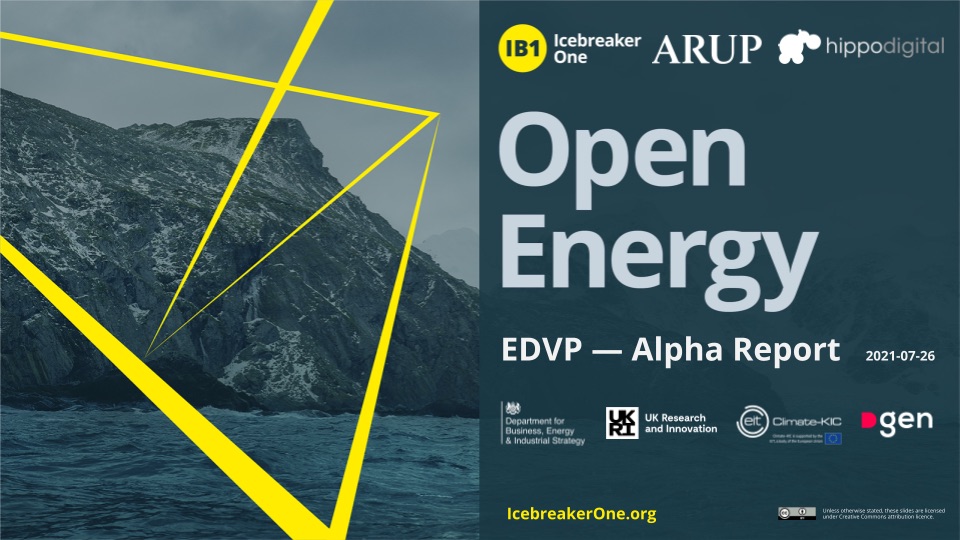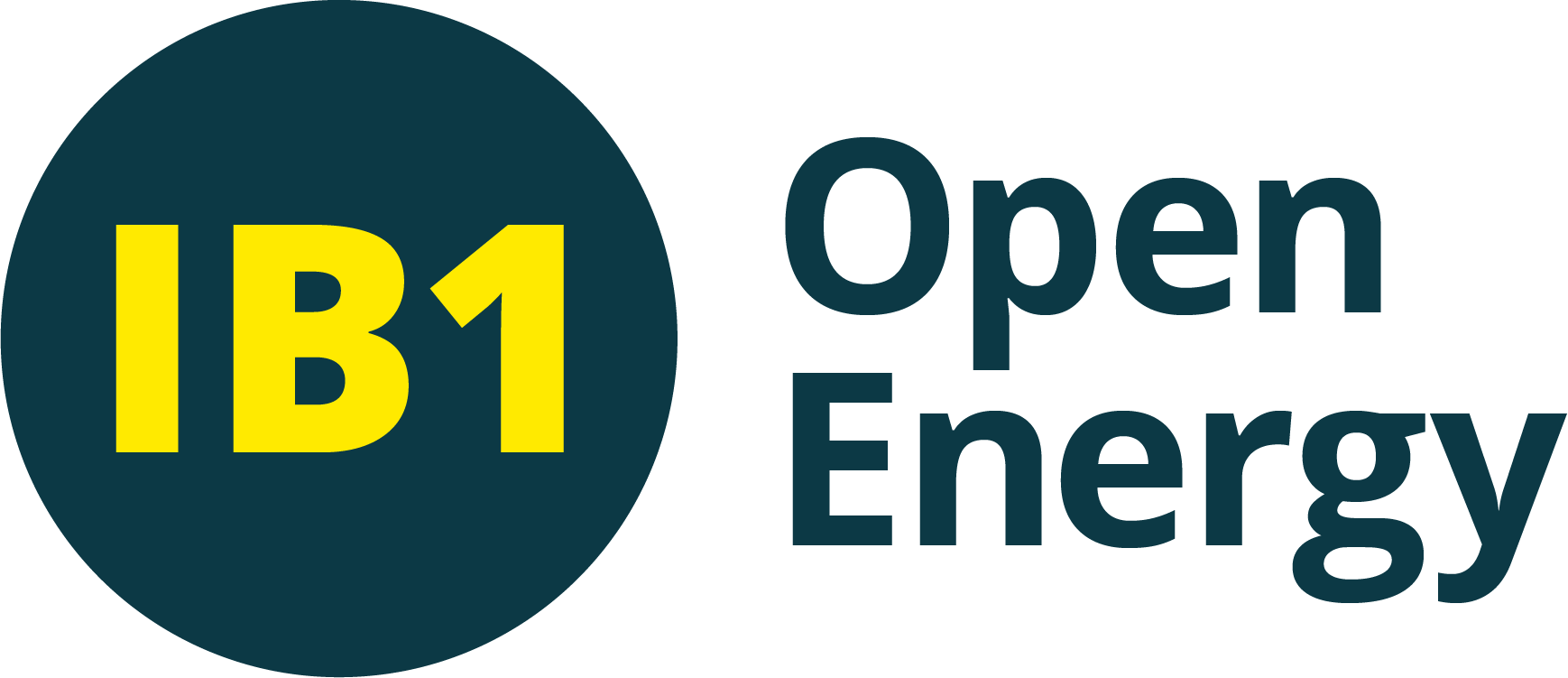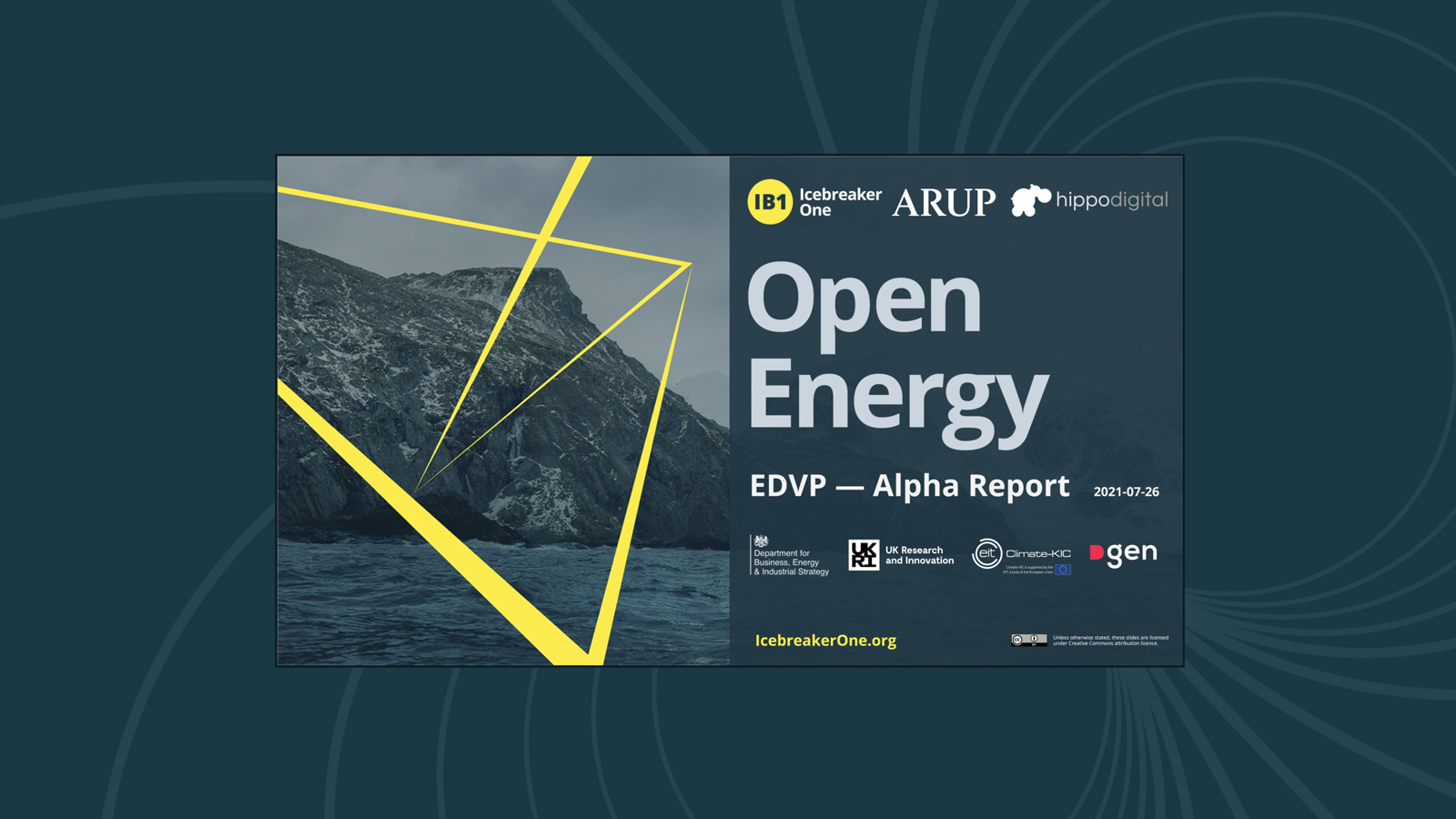
This report is open for comment, click here to view.
Executive Summary
Over 12 weeks, the Energy Data Visibility Project (EDVP) took an industry-led, consultative, and collaborative approach to test and validate metadata standards, glossaries and test a prototype solution with the energy community.
We developed this work through direct research and interviews, desk research, industry advisory groups, webinars, blogs, a national showcase, and iterative technical development. We engaged directly with BEIS on a weekly basis to ensure that the needs of the project were being met, and engaged with the industry Steering Group (including Ofgem) to ensure alignment with national strategic objectives.
The process has delivered the objectives of the EDVP programme. It has explored user needs, incorporated feedback from user engagement into development work and delivered user-facing services based on those needs analyses. It has also identified areas and recommendations for future work.
While ‘technical’, data should not be considered a ‘technology issue’, further analysis will be required to understand economic impacts. This work should be considered as contributory towards the national data strategy: design patterns established in energy will affect other sectors.
BEIS must continue to work with Ofgem and industry to maximise market openness, including ensuring that appropriate governance is in place to help prioritise where regulatory intervention may be required.
Future development must consider:
- Compulsion to participate
Data increases in value the more it is connected. Incentives must exist to mandate participation by the sector in open standards that enable interoperability and drive behaviours towards an open marketplace for data.
- Design for search
All solutions must be considered from a perspective of maximising cohesion and interoperability. Specifically addressing the needs for machine-integration for application developers, as well as direct service users. Machine-definitions of data licensing must be developed as in-scope for this work.
- Continuous, iterative development
All digital services are iterative in nature. The outputs from this work should be considered as a continuous and evolving process.
Engagement with users and industry
Collaboration is critical to the development of this work from both a technical perspective (solutions must meet user needs) and from a cultural perspective (solutions must be co-designed, adopted, used and iterated upon with market participants)

